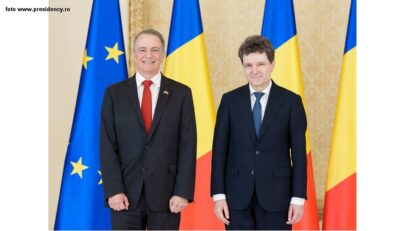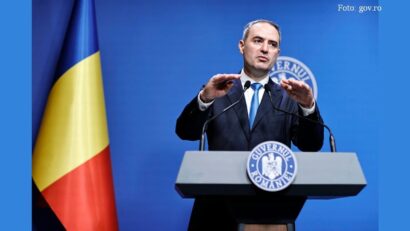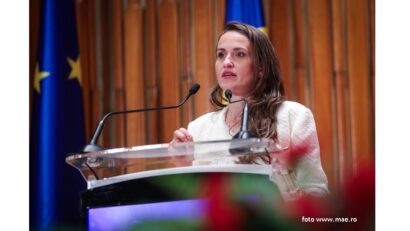Romania’s parliamentarians and the justice system
A new political and judicial scandal has made headlines in Romania, casting doubt on the rule of law in this country.

Bogdan Matei, 03.06.2015, 13:10
For a long time hailed in Brussels
and Washington as a success story and an example for other ex-communist states
in Eastern Europe, Romania’s fight against corruption has seen some setbacks.
In a recent example on Tuesday, the
Senate rejected with 72 no votes and only 66 yes votes a request by the
National Anticorruption Directorate to allow the arrest and temporary custody
of the Social Democrat MP Dan Sova. Paradoxically, in a previous vote in this
case held in March, the majority of senators had approved the Directorate’s
request. Sova was not arrested at the time because the Senate’s leadership
decided the request should have been approved by the majority of the total
number of senators. The vote was thus taken again, following a ruling by the
Constitutional Court where the case had been referred to by the Liberal
opposition. The Liberals say they will again challenge the Senate’s decision,
while Dan Sova said he wished his case were brought before justice as soon as
possible, so that his situation could be resolved.
The public, in the meantime, is
increasingly puzzled. In the last three years, tens of ministers,
parliamentarians, county council presidents and big city mayors have been sent
behind bars as part of corruption cases. One such high-profile name is that of
the former Social Democratic prime minister Adrian Nastase and one of the most
influential figures of the post-communist left, Viorel Hrebenciuc. Compared
with them, Sova is relatively insignificant politically speaking, which is why
the public is surprised by the strong solidarity shown by his colleagues.
The media have been speculating that
the Social Democratic Party is closing ranks around Sova to protect in fact its
current leader, prime minister Victor Ponta. A lawyer and former transport
minister in the government led by his friend and former university colleague
Victor Ponta, Sova is under investigation for complicity to abuse of office.
Anticorruption prosecutors say he received hundreds of thousands of euros for
involvement in the sale of the energy compounds of Turceni and Rovinari, in the
south-west, in which the state lost over 16 million euros. Some of the money,
say the media, went into the prime minister’s pockets. Ponta says, however,
that the vote on the Sova case has not even been discussed by the party and
that what happens in the Senate has nothing to do with justice, but is part of
a political battle.
On behalf of the National Liberal
Party in opposition, its first deputy president, Catalin Predoiu, has described
the Senate’s vote as a national disgrace, an act of defiance against the
Romanian people and as being part of the dictatorship of lawlessness.
However, his accusations would probably be more convincing if the Senate hadn’t
also rejected earlier this year a request for the arrest of his own colleague
and former Liberal economy minister Varujan Vosganian, who was accused of
corruption.
Visibly irritated by
the recent events, president Klaus Iohannis has explicitly accused Parliament
of continuing to obstruct justice. When the rule of law is at stake, it is
becoming more and more difficult to work with this Parliament and this
majority, said the president.






























